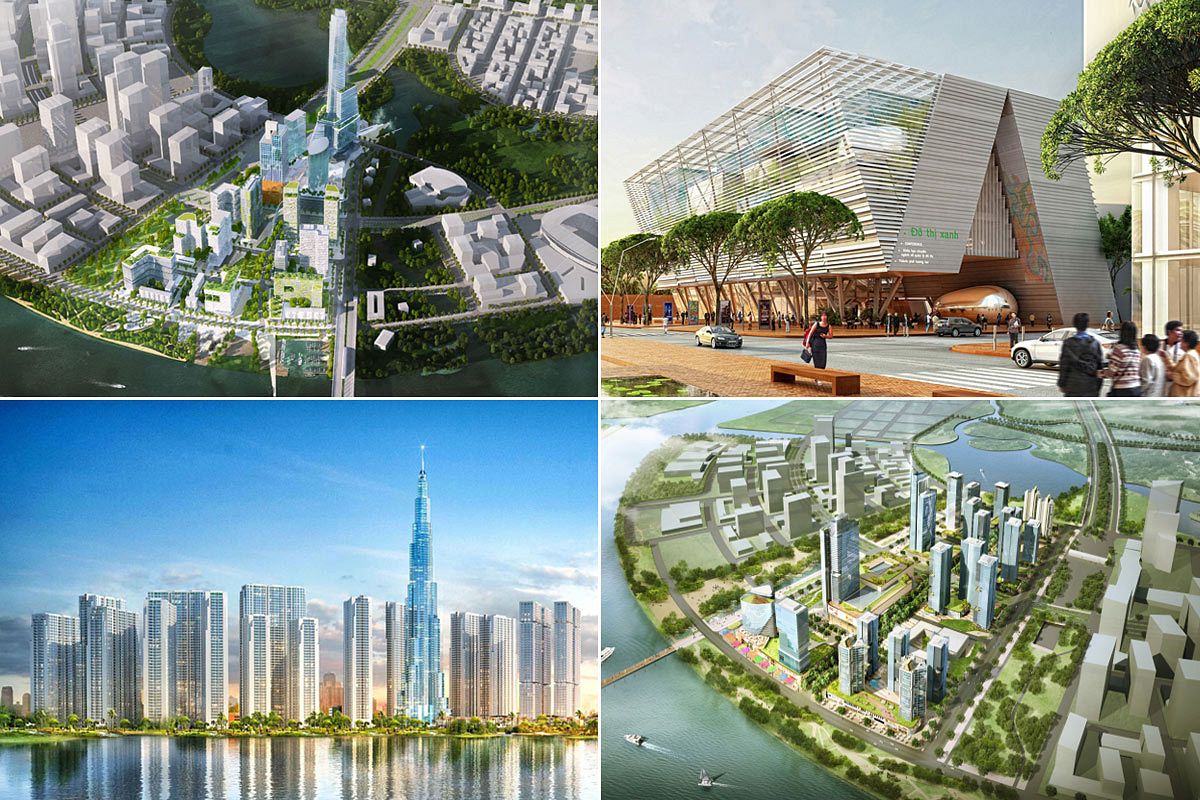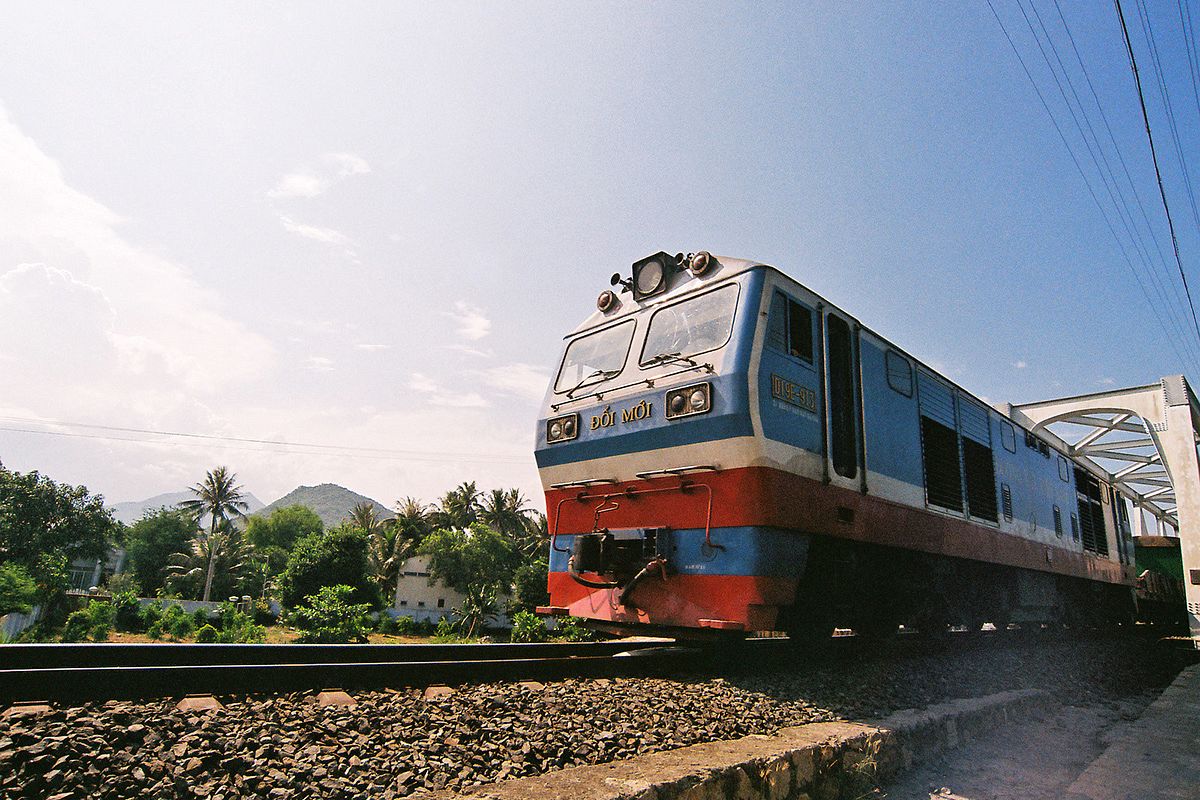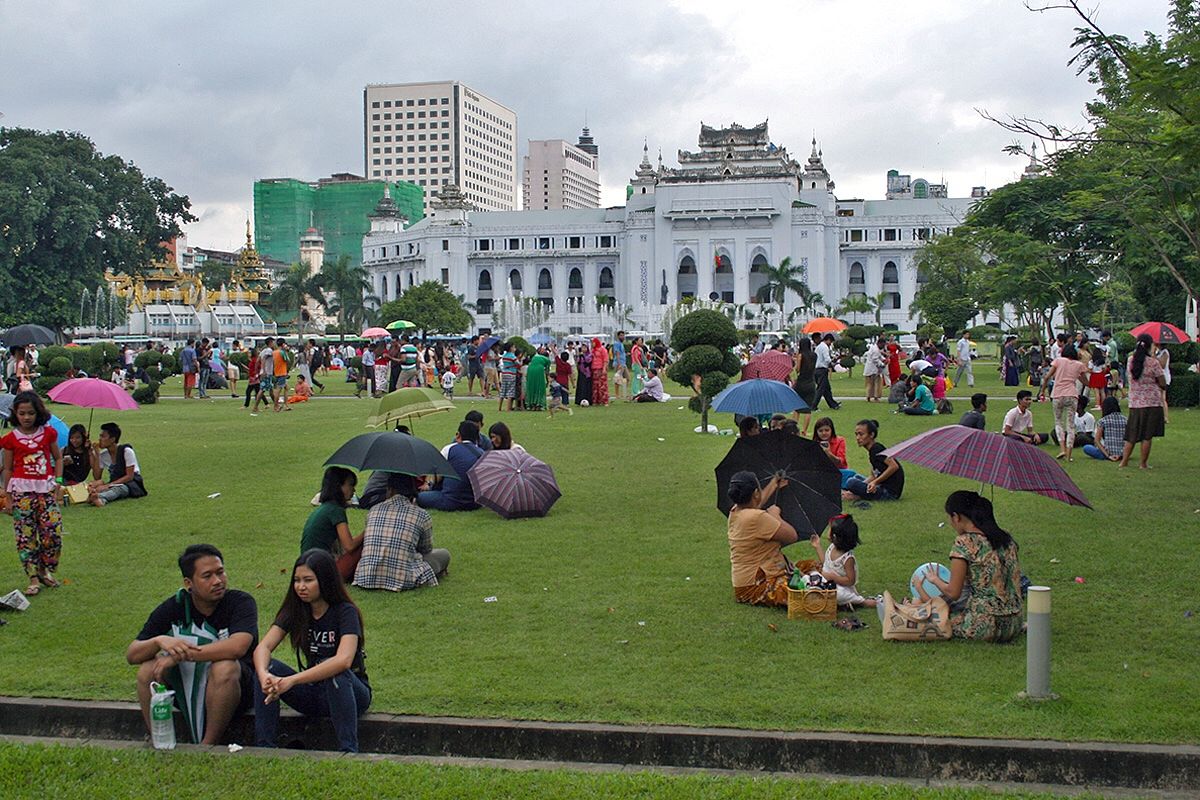After much delay, Ho Chi Minh City officials are seeking approval from the National Assembly for the construction of the first phase of Metro Line 5.
Authorities in the southern hub have secured funding for the VND41 trillion (US$1.84 billion) project, reports VnExpress, however the city’s Management Authority for Urban Railways (MAUR) is now awaiting approval from the National Assembly for both the project itself and its investment policy.
The Spanish government will donate nearly US$300 million to the construction of Metro Line 5, while the Asian Development Bank is set to contribute US$517 million. The European Investment Bank and the German Reconstruction Bank (KfW) are also putting forth a combined US$381 million, with the remaining US$504 million coming from the Vietnamese government.
According to MAUR, the reason for this delay lies in recent changes to Vietnam’s administrative regulations, which prompted those involved in the metro project to seek clarification on the country’s Law on Public Investment, reports VietnamNet. At present, MAUR hopes to submit not only a project proposal but also an outline of Line 5’s investment policy to the national government in order to ease investors’ concerns over the implementation of the project.
Considered a top priority for the city’s development plan 2016-2021, Saigon’s Line 5 will connect Line 2 at Tan Binh District’s Bay Hien Intercharge with Line 1’s Saigon Bridge station. According to the Urban Railway Management Board, the line will be 8.9 kilometers long, with 7.5 kilometers of subterranean track and another 1.4 kilometers above ground.
Line 5 is scheduled to go into operation by 2025 and will have the ability to withstand level-7 magnitude earthquakes. Passengers will ride driverless trains with a maximum speed of 90 kilometers per hour, and both smart cards and automated ticketing systems will be featured on the line, according to VietnamNet.
Construction is still a long way off though, as the first phase of Line 5 will require more than 30 hectares (74 acres) of space, and land clearance is expected to affect 1,381 households. This stage is expected to reach completion by 2019 at the latest.
Meanwhile, both Binh Duong and Dong Nai officials are also seeking approval for an extension of Metro Line 1 which would see the Ben Thanh-Suoi Tien Line stretched an additional two kilometers to reach the neighboring provinces, according to VnExpress.














